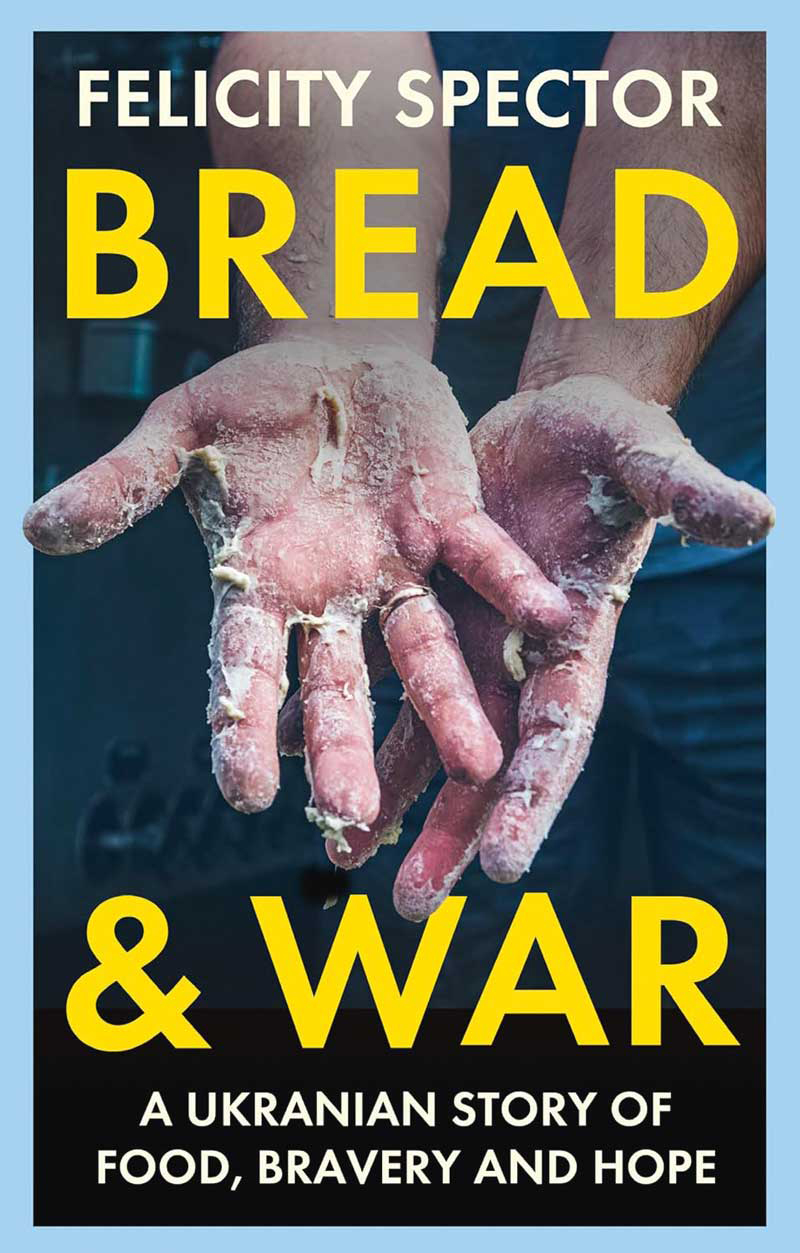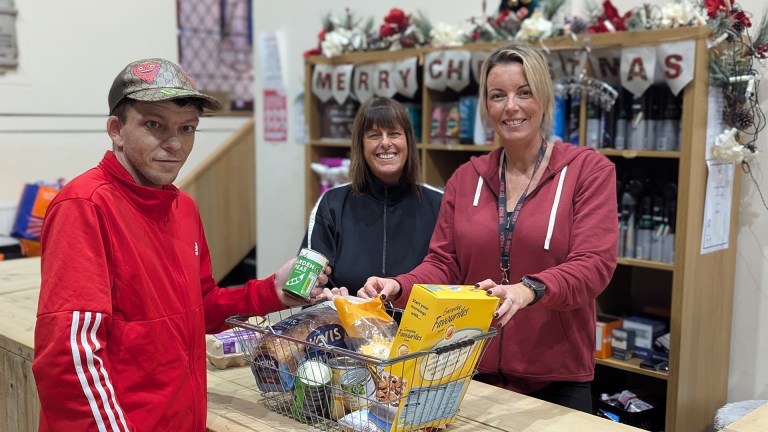In a shuttered cafe in the city of Mykolaiv, southeastern Ukraine, two soldiers are cooking lunch of grilled chicken and fermented cabbage salad, buckwheat and slices of dark Ukrainian bread. It’s the kind of comforting meal designed to keep men sustained after hard days and stressful nights at their frontline positions.
Dmytro and Artem were both cooks before they volunteered for the army, motivated by the traumatic impact of Russian occupation on their home town. Dmytro had worked as a chef for high-end restaurants in Kherson and Kyiv, while 19-year-old Artem had only just qualified. Now they cook together for the 79th detachment of the State Border Guards, preparing hundreds of meals a day for their unit.
They often pack food into large thermos containers which are delivered to forward positions – while food packages can even be dropped by drone, right up to the zero line.
- I’ve been on the front lines of war for 11 years. But this video from Ukraine left me lost for words
- We must not allow Nigel Farage to run away from his record on Ukraine
- Inside Ukraine’s fight against homelessness after three years of bloody war: ‘Peace is hard to imagine’
Keeping their field kitchen supplied with fresh produce is a huge logistical challenge, but Ukrainians are incredibly resourceful: “Here in Kherson there is a lot of shelling, and drone attacks, but sometimes I think we manage to have a better supply system than my restaurant had before the war,” Dmytro says. “Back then, I always had to hunt for someone who could deliver what we needed. But now, we can get everything we need directly to our positions.”
Military life could hardly be more different from their old jobs. “The biggest challenge, of course, is working in dangerous conditions. In Kherson it is very difficult because Russian drones can operate in any corner of the city.”
In their makeshift army kitchens, the pair do their best to prepare the best food they can. “We make main dishes, salads, always something fresh. At Christmas or New Year we collect extra money so we can make something special. And we can often get some gifts from our families, usually sweets or cookies sent by post, which really helps to raise morale.”










